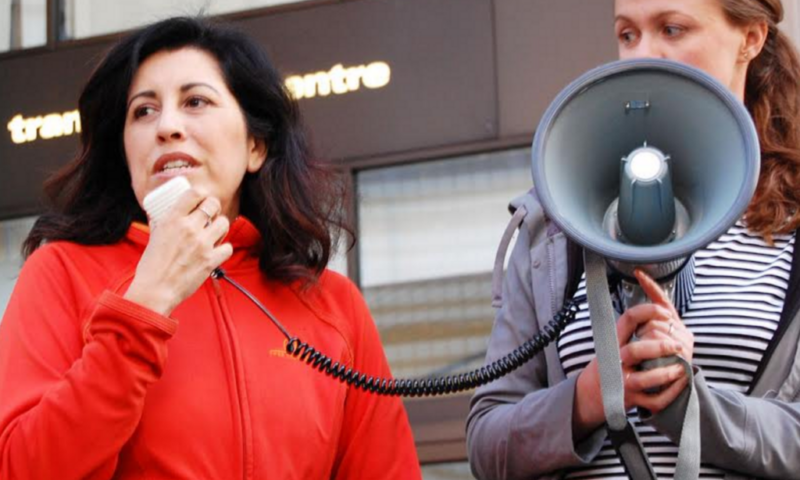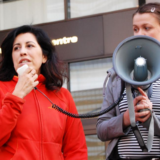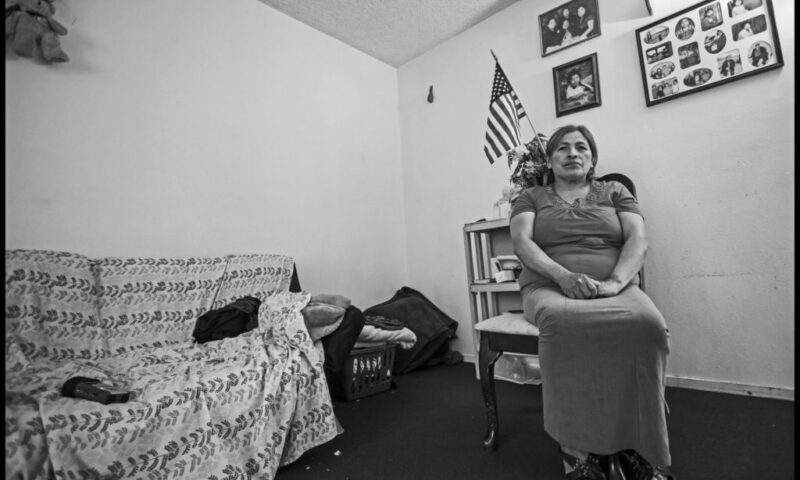

Today California legislators returned to their jobs in Sacramento, facing a new year and, for Democrats, a distressing new reality: their first session under the incoming presidency of Donald J. Trump.


Immigrant families feel fear. Children cry in school. Racial incidents increase across the country. Corporate stocks tumble following one man’s tweets. Every White House cabinet nomination becomes an occasion for dire speculation.


In a sign that California is quickly emerging as the nation’s progressive conscience-in-exile, a new Los Angeles education-reform group has launched an ambitious initiative that it claims could close historic student achievement gaps at the Los Angeles Unified School District.


Our concluding roundup of Capital & Main’s best features of 2016 includes profiles of public school teachers who drive for Uber to make ends meet and the story of one Los Angeles charter school that failed after it chose an ex-football player with no educational experience to run it. See stories in Part One and Part Two.


Today we continue our look back at Capital & Main’s best work of 2016. Stories focus on the “shared economy,” the affordable housing crisis, legalized marijuana and charter schools.


Stories that survey a California whose residents are forced to drive for Uber or live in rooms with cardboard walls.


Co-published by Reuters
What does Donald Trump have in common with animal rights activists? At face value nothing, of course. Yet both have mainstreamed positions that were until recently seen as marginal.


In the otherwise dark year of 2016, California doubled down on its faith in people and the future with major victories for labor, the environment and public education. Here are five ways the Golden State left the light on for the rest of the country.


“I’m not just an autistic kid anymore, I have climbed a freaking mountain,” wrote Colin Eldred-Cohen on the release of his children’s book, The Fire Truck Who Got Lost. Eldred-Cohen is a young author with Asperger’s syndrome. His first children’s work became a reality through a crowdfunding campaign.


Co-published by Fusion
How the language of division could spell disaster for immigrants in the era of Trump. BY LEIGHTON WOODHOUSE